15 July 2020
Cells need fuel in order to grow and function. Immune cells are no different. What we eat, and whether we’re eating the right kinds of food, can affect how well the immune system works in the body.

To better understand how the immune system fuels itself – otherwise known as immune metabolism – the Translational Immunology team has recruited returning Kiwi scientist Dr David O’Sullivan.
Dr O’Sullivan completed his doctoral studies in multiple sclerosis research with Institute Research Associate Professor Anne La Flamme. Since then, Dr O’Sullivan has worked at both Washington University in the United States and at the Max Planck Institute in Germany, investigating T-cell metabolism and how different nutrients affect their function. Having returned to Wellington and the Malaghan Institute, Dr O’Sullivan is working with Translational Immunology Group Leader Dr Olivier Gasser to apply his expertise to our immune health research as part of the High- Value Nutrition National Science Challenge.
“I’ll be working in the translational space looking at nutritional components or bioactive compounds from food groups and how these influence the immune cell metabolism and function,” says Dr O’Sullivan. “Just like in the saying ‘you are what you eat’, what nutrients immune cells are exposed to influences their behaviour. We’re trying to leverage bioactive compounds that are found in nutritional food products in a way that benefits immune cell function.”
Click on the image below to read the rest of Scope 72
Related news
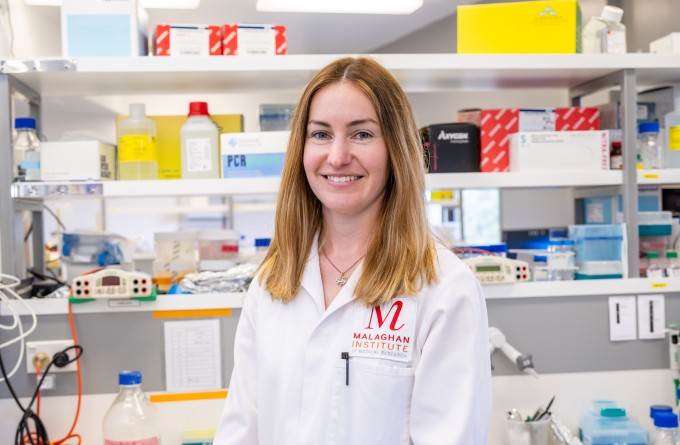
New research deepening understanding of elusive eosinophils
27 June 2024
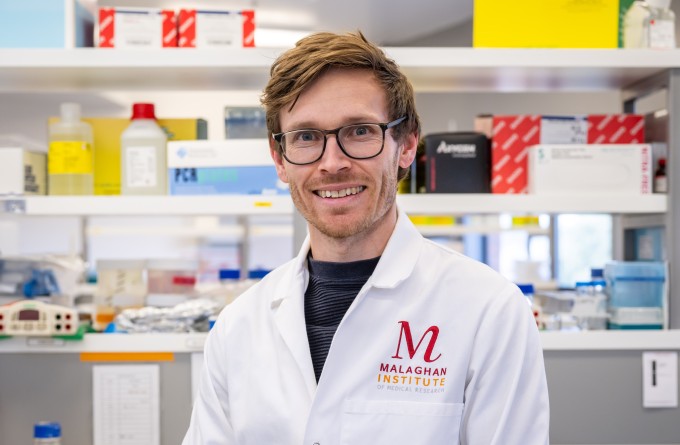
Double doctor: exceptional thesis awarded to Malaghan gastroenterologist
5 June 2024
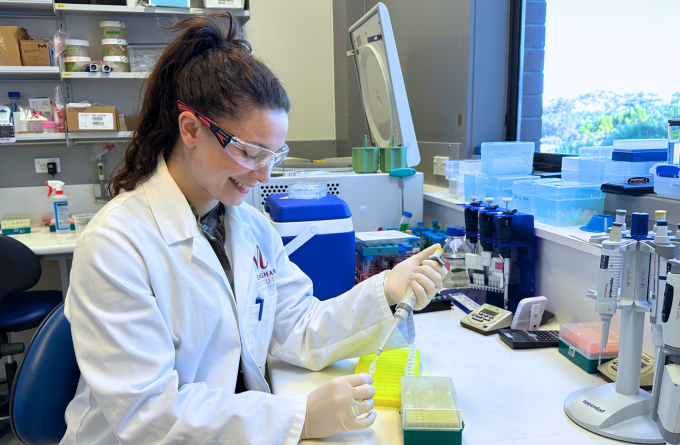
In Focus: Mapping the lung's fight – how the entire organ responds to infection
18 April 2024
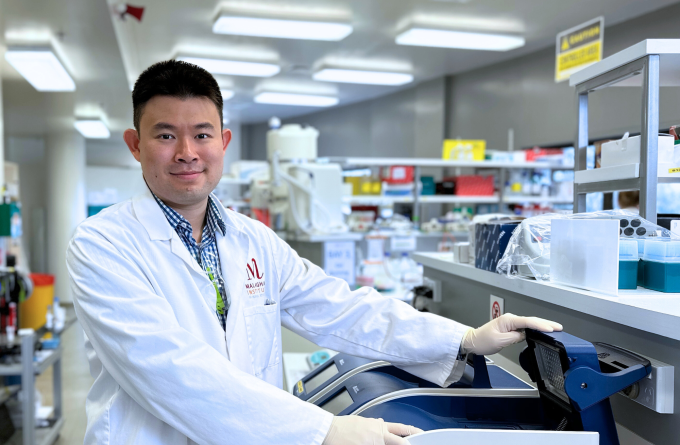
In Focus: A gateway for toxic damage and immune health
9 November 2023
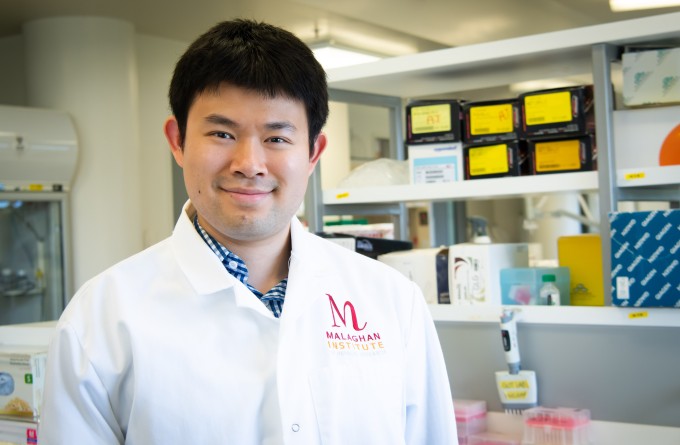
New study sheds light on why fruit and vegetables are good for gut health
13 October 2023

Malaghan visiting researcher: Professor Charles Mackay
29 March 2023

